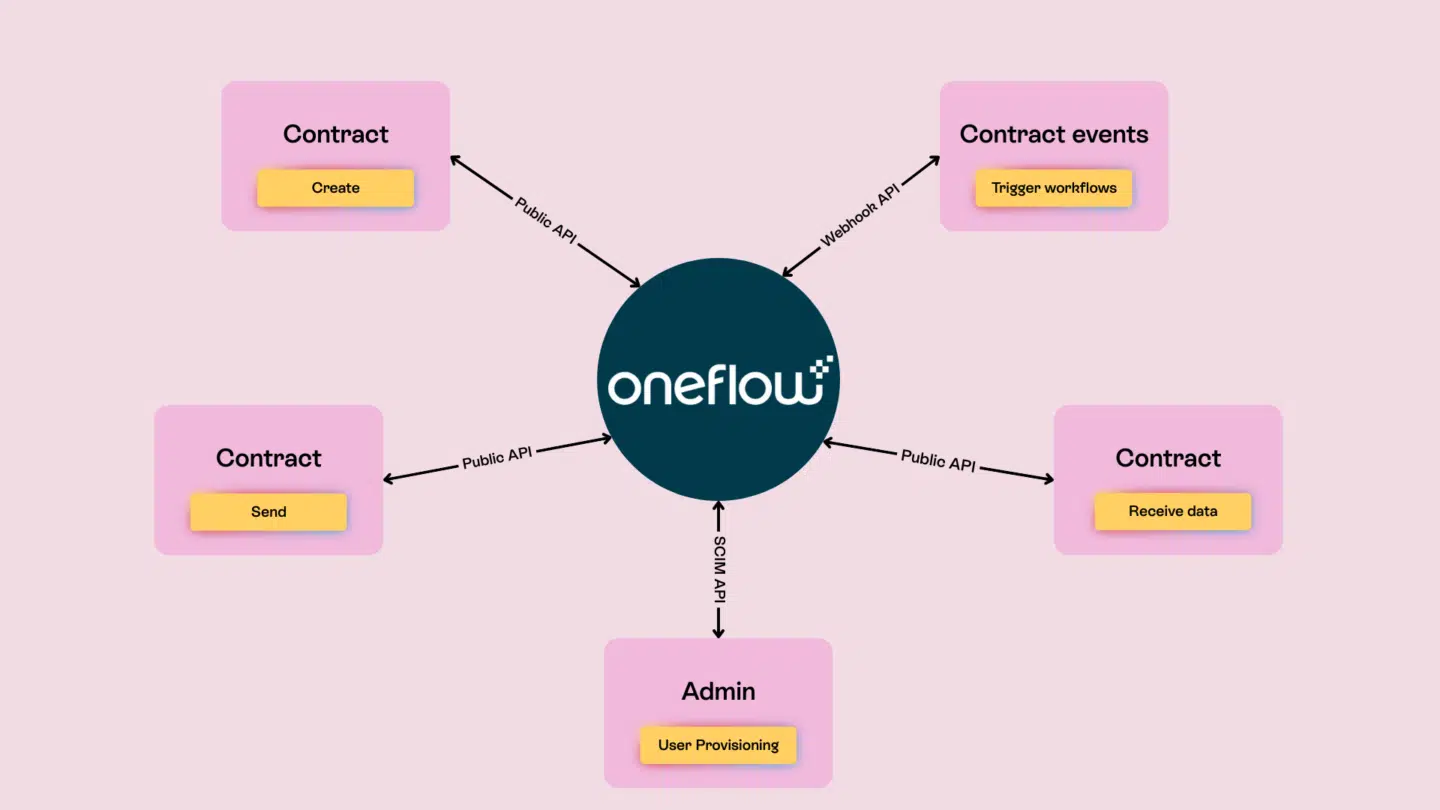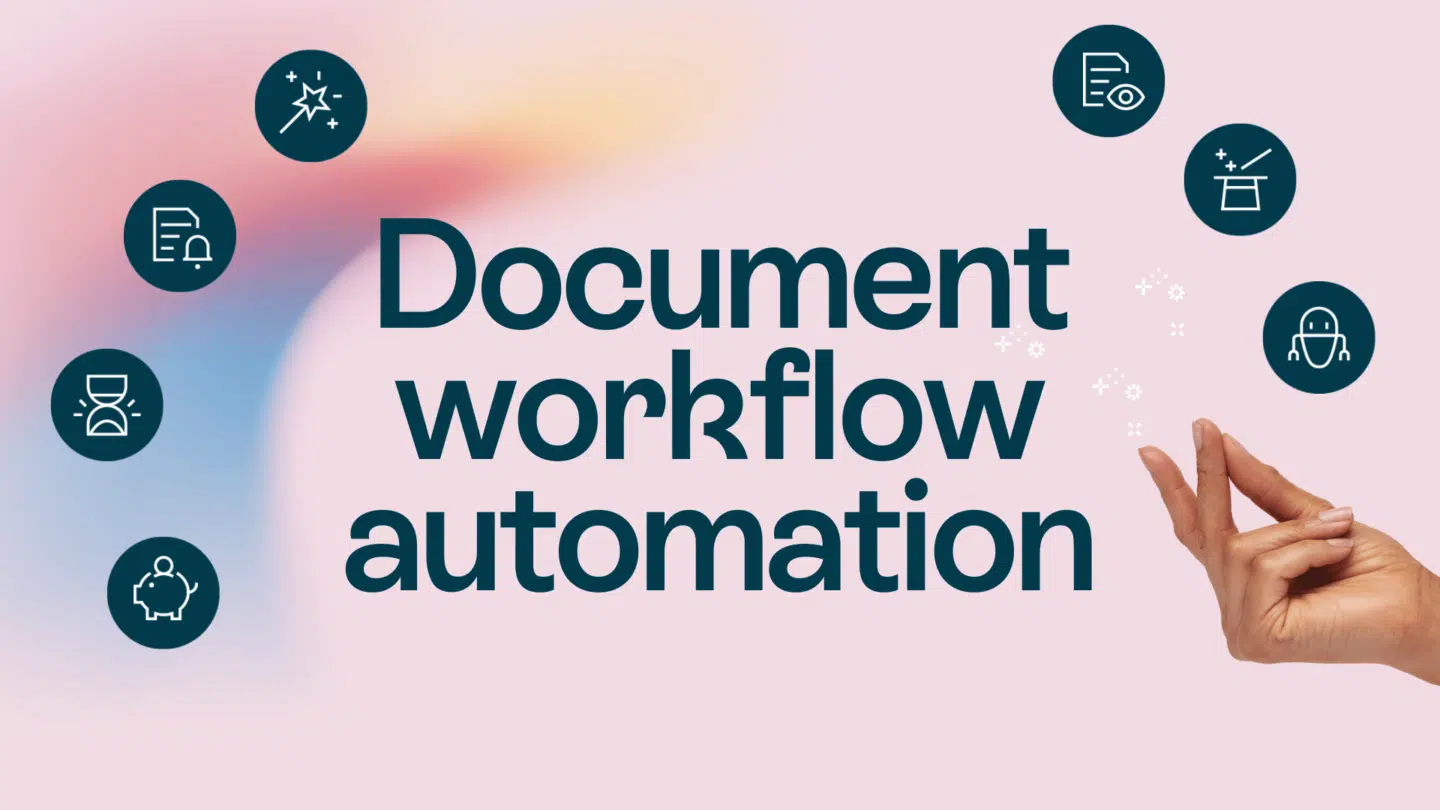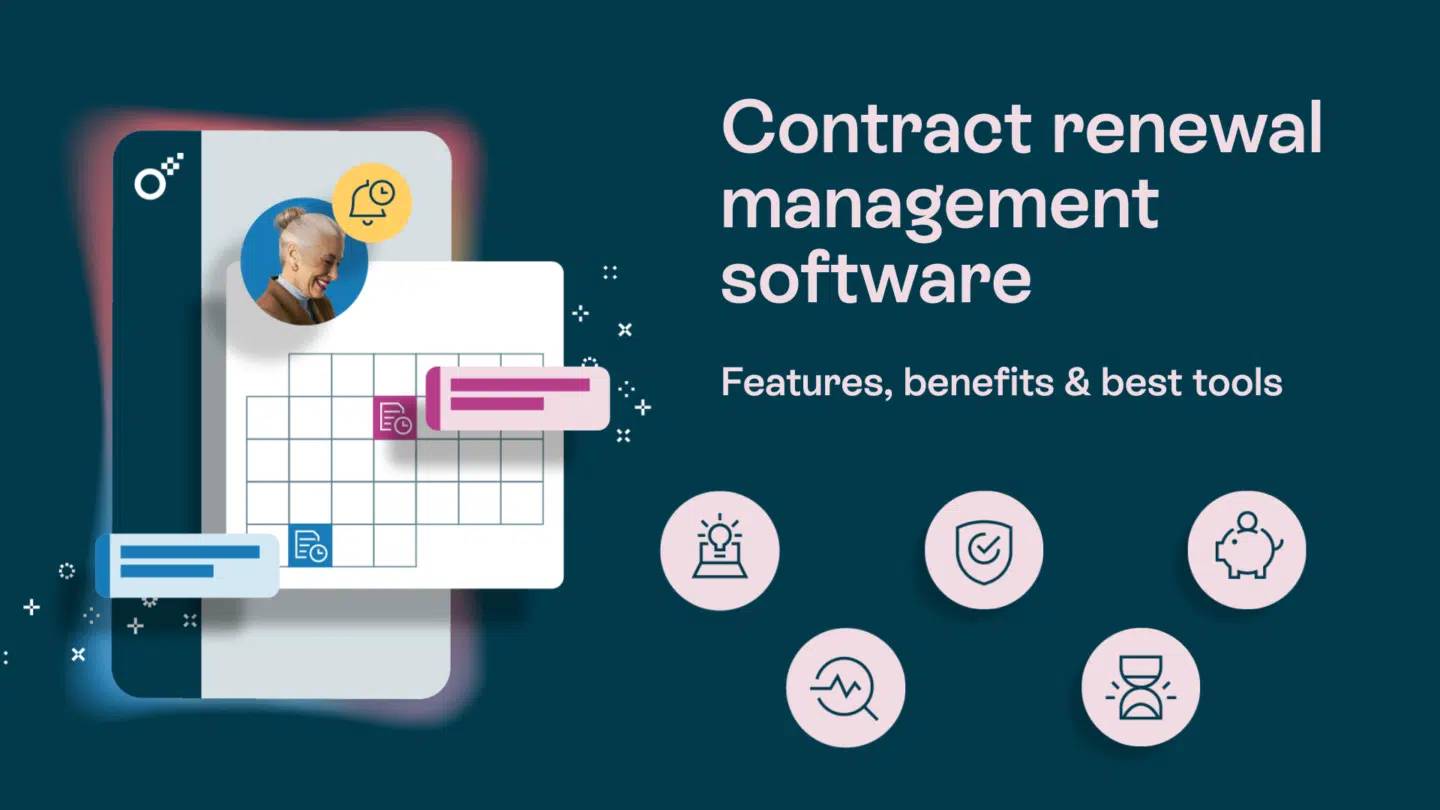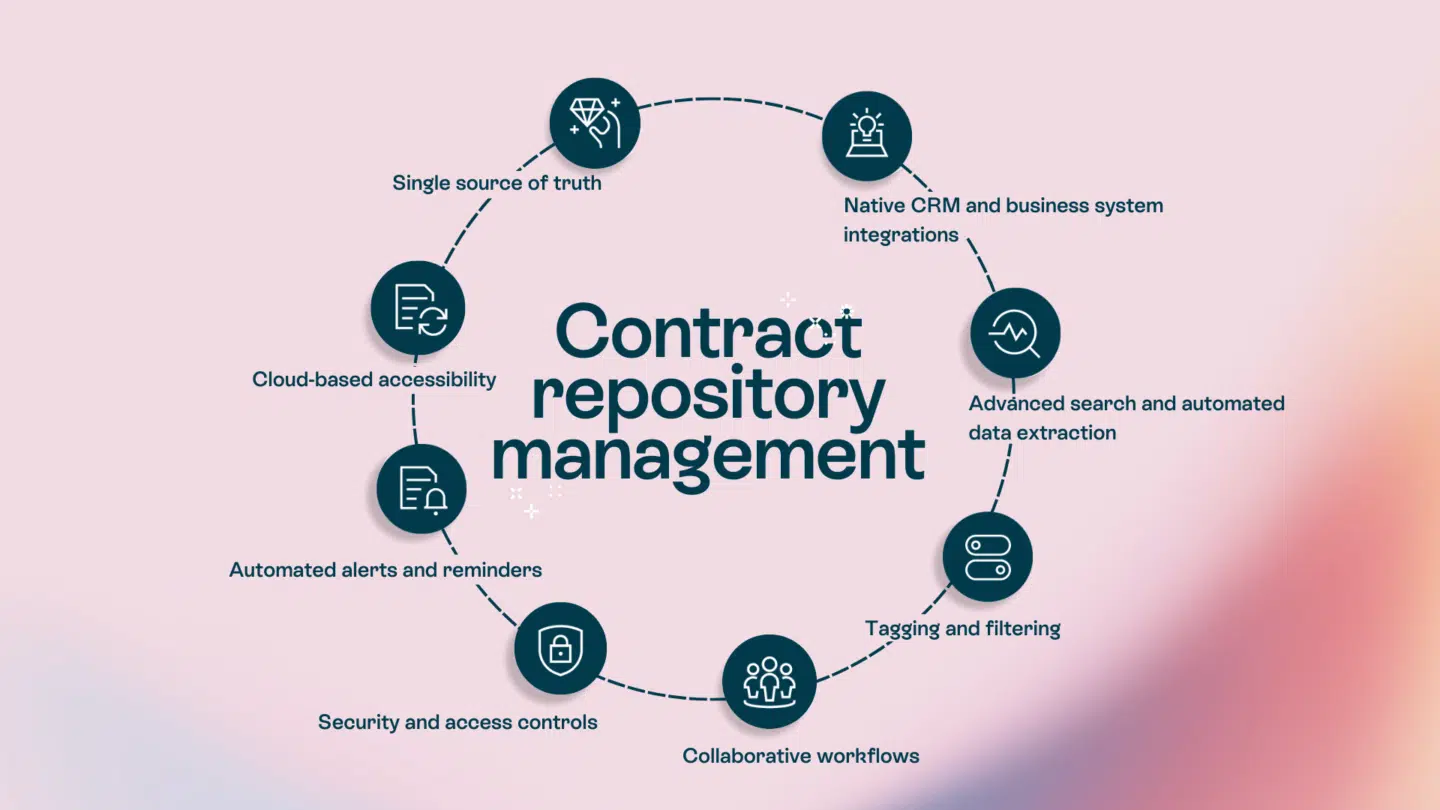Clinging to outdated contract management practices is akin to using an old phone in the smartphone era. Surprisingly, many organizations continue to rely on antiquated methods, unaware of the hidden costs and inefficiencies they perpetuate. Our recent survey of 200 professionals revealed that 66% of businesses still create contracts using word processors like MS Word or Google Docs, highlighting a significant reliance on tools not specifically designed for comprehensive contract management.

The pitfalls of outdated practices for managing contracts
- Decentralized storage: The survey indicated that 17% of businesses store contracts on local drives, leading to challenges in accessibility and version control. This fragmented approach increases the risk of lost or outdated contracts, complicating compliance and retrieval efforts.
- Email reliance: With 65.67% of businesses relying on email to review and finalize contracts, the potential for miscommunication and errors escalates. Email threads can become convoluted, making it difficult to track changes and approvals effectively.
- Manual tracking: A notable 32.67% of businesses still track contract deadlines manually, increasing the likelihood of missed renewals or expirations, which can lead to financial penalties or lost business opportunities.
The cost of lagging behind
According to World Commerce & Contracting (WorldCC), poor contract management can erode up to 9% of an organization’s annual revenue.
This value leakage stems from inefficiencies, errors, and missed opportunities inherent in outdated practices.
Forrester Research emphasizes that the Contract Lifecycle Management (CLM) market is evolving, with modern solutions offering capabilities far beyond traditional methods.
Organizations that fail to adapt may find themselves at a competitive disadvantage.
Read also: What is contract management? A complete guide
Embracing modern solutions
To transition from outdated practices, consider the following steps:
- Centralize contract storage: Implement a unified repository to ensure all stakeholders have access to the most current contract versions, enhancing collaboration and compliance
- Automate workflows: Utilize CLM systems to streamline the contract lifecycle, from creation and negotiation to execution and renewal, reducing manual errors and accelerating processes
- Leverage analytics: Modern CLM platforms offer analytical tools to monitor contract performance, identify bottlenecks, and inform strategic decisions
Conclusion
Managing contracts with outdated methods is not just inefficient; it poses significant risks to your organization’s bottom line. By embracing modern contract management solutions, businesses can enhance efficiency, reduce risks, and position themselves for sustained success.






